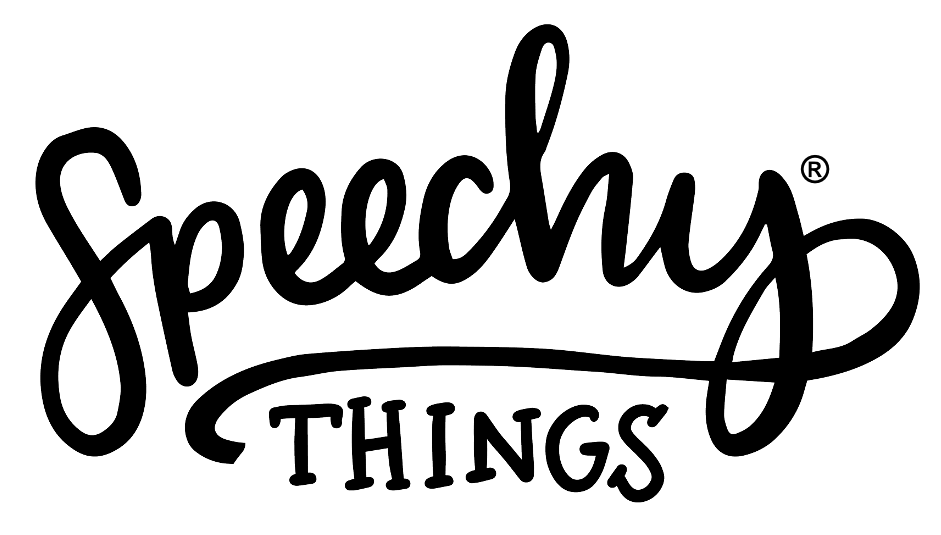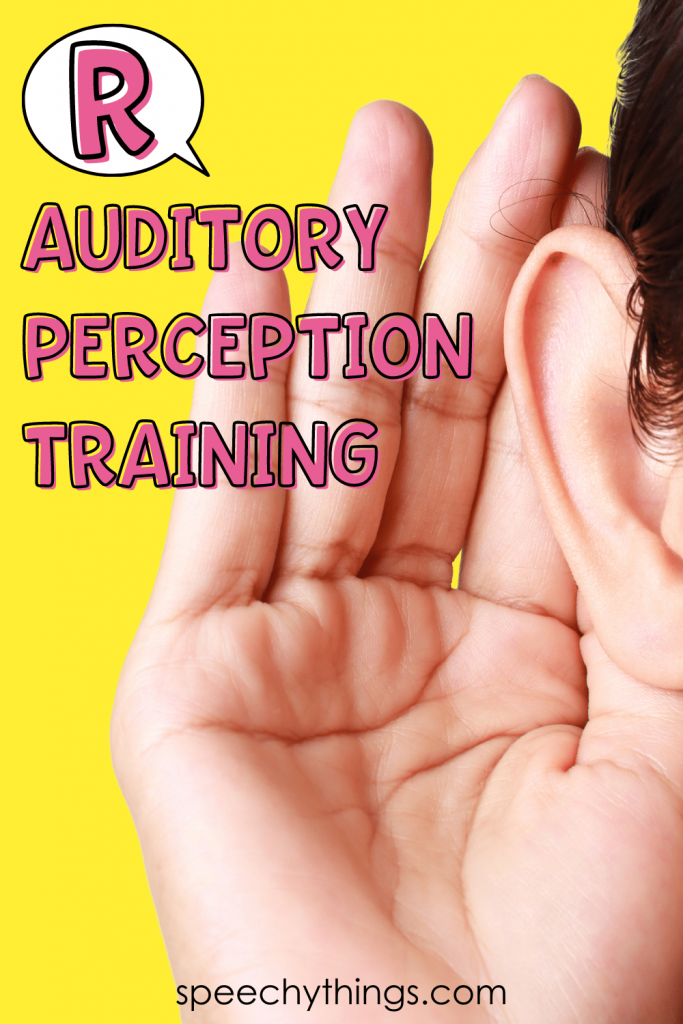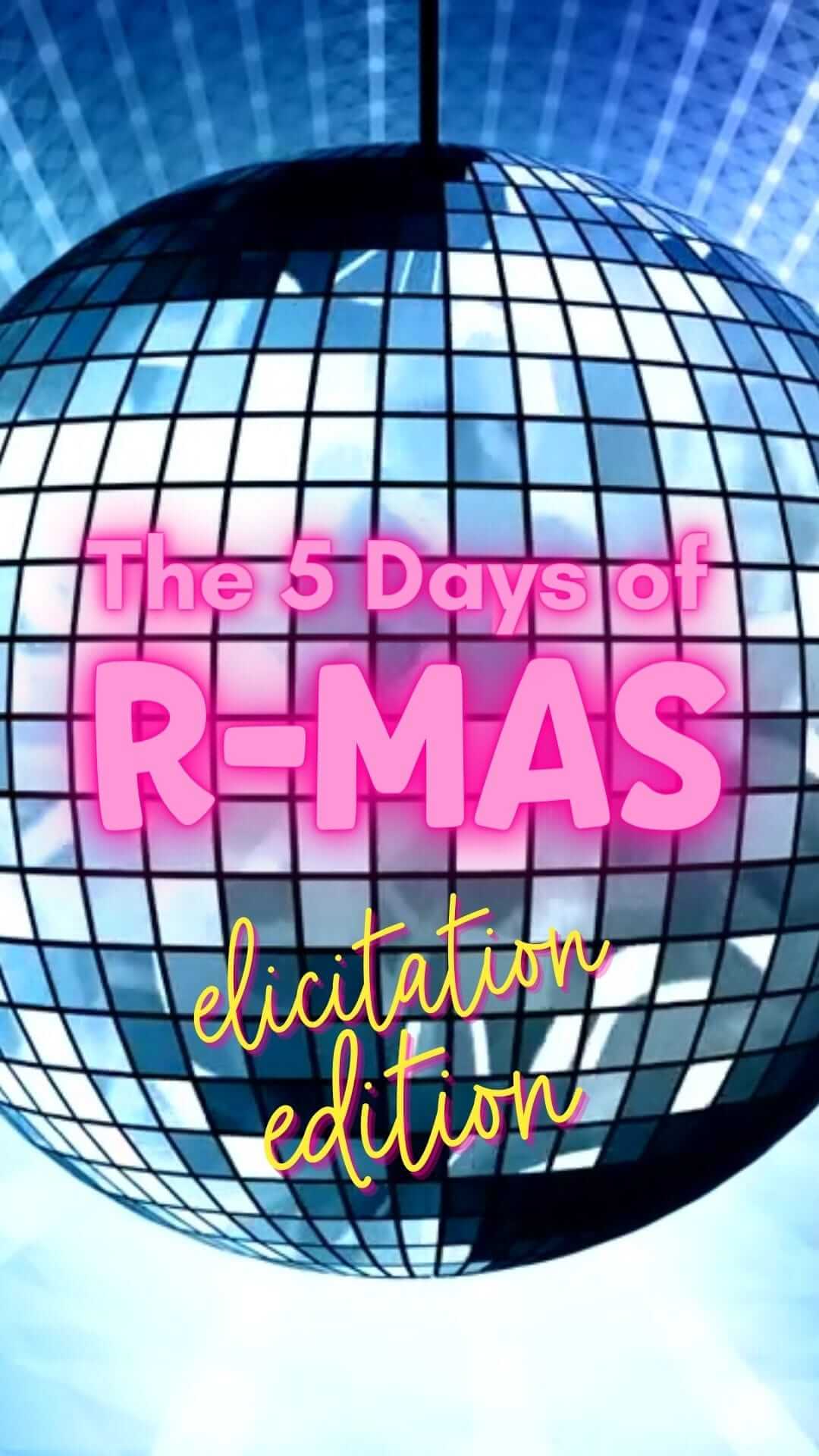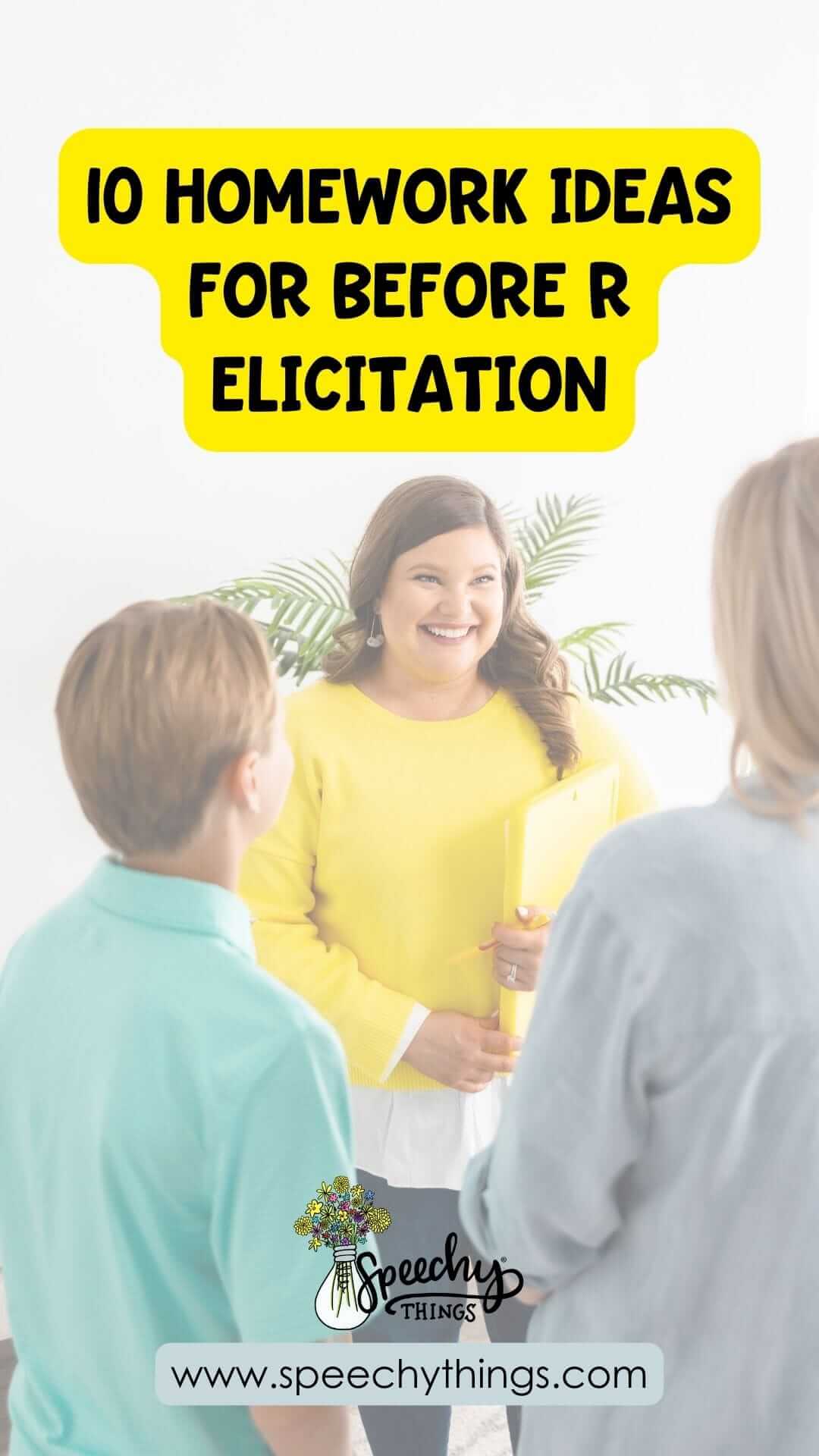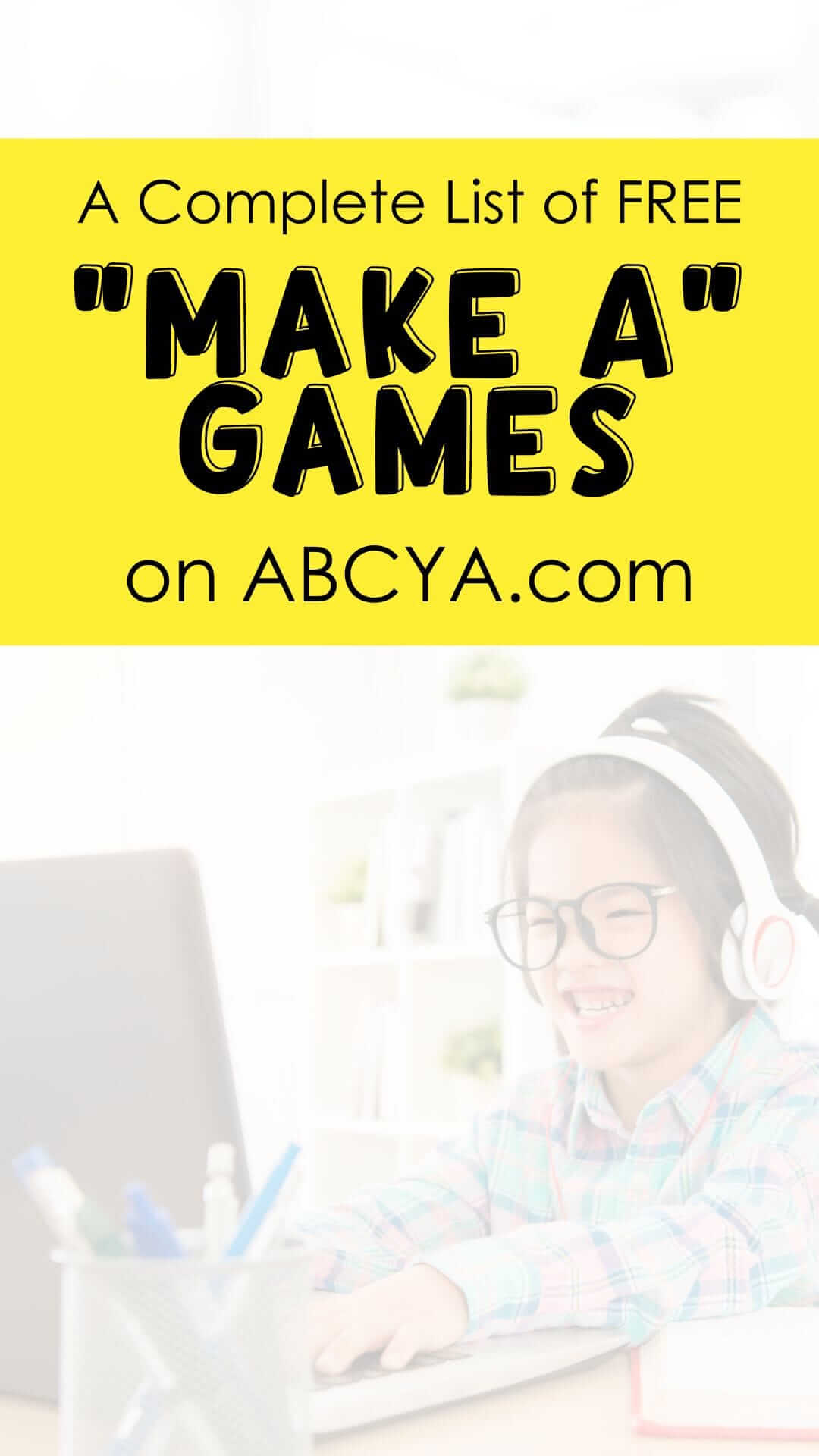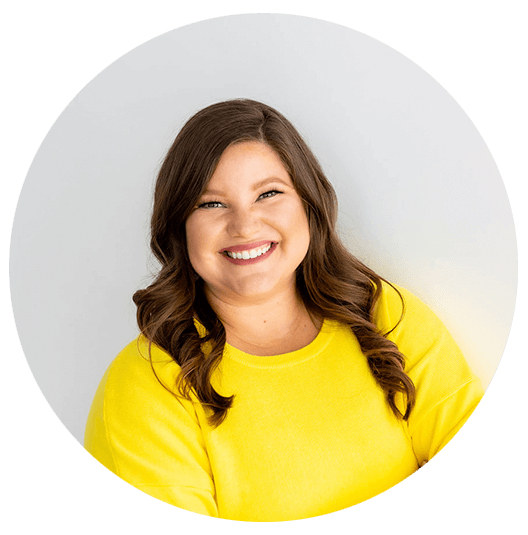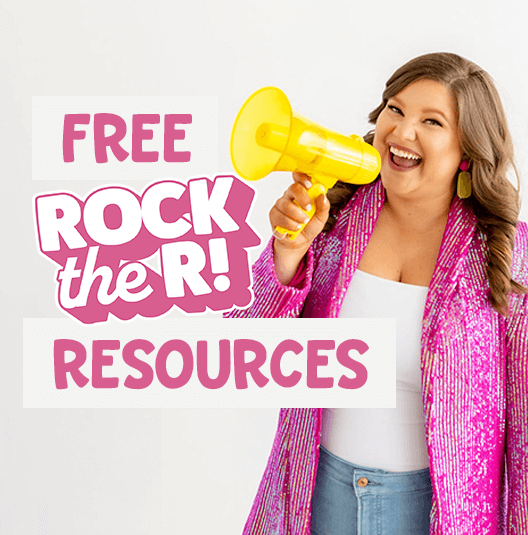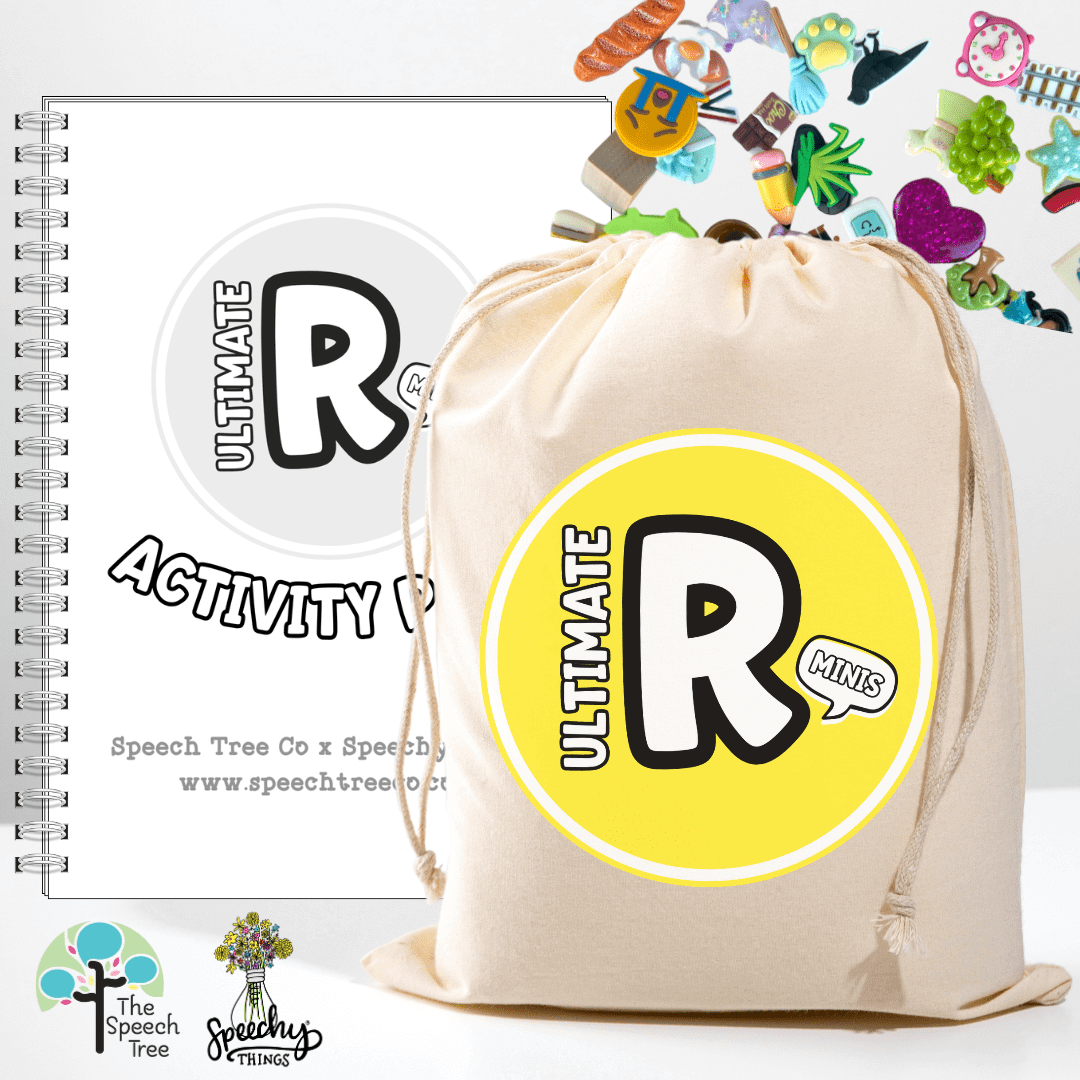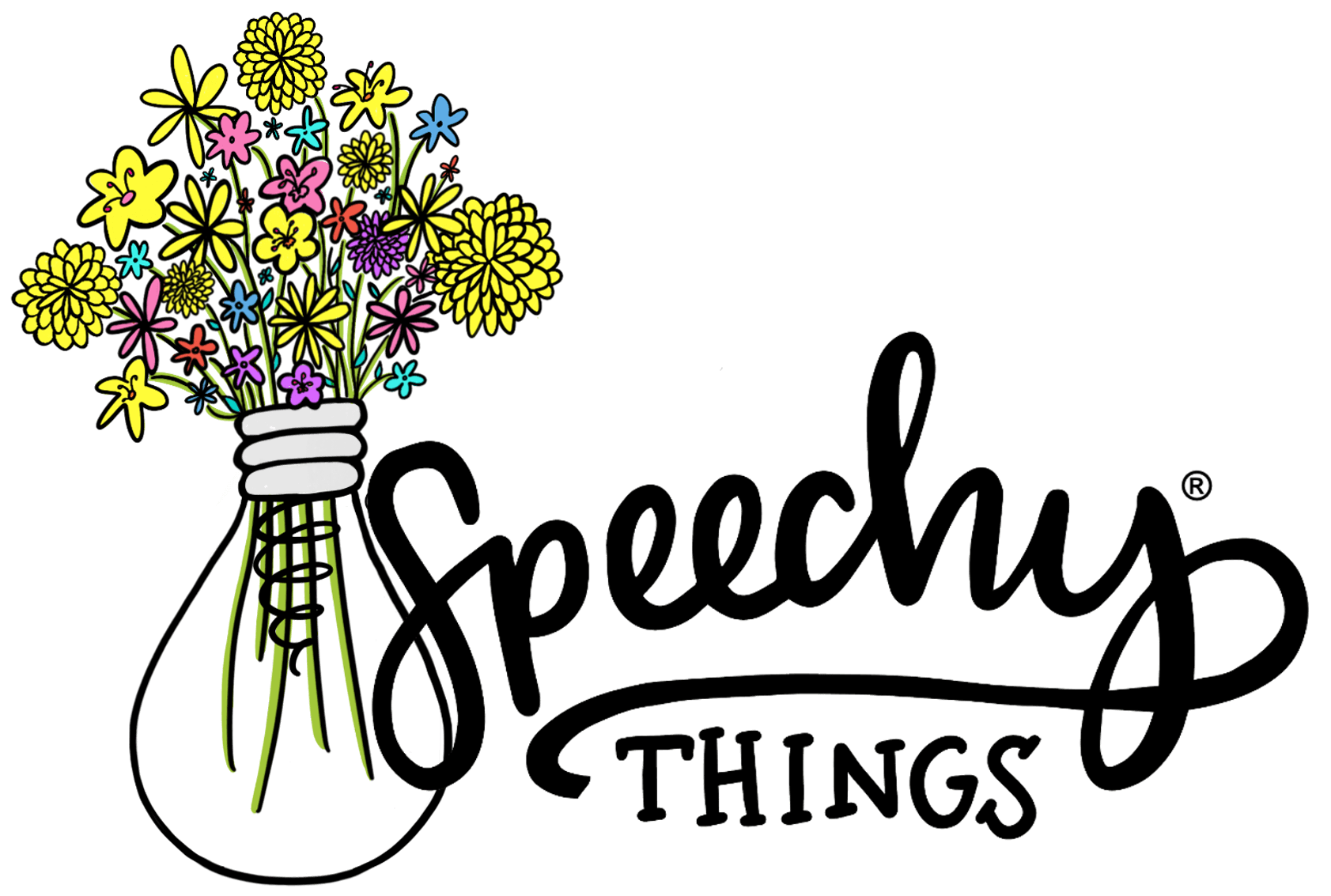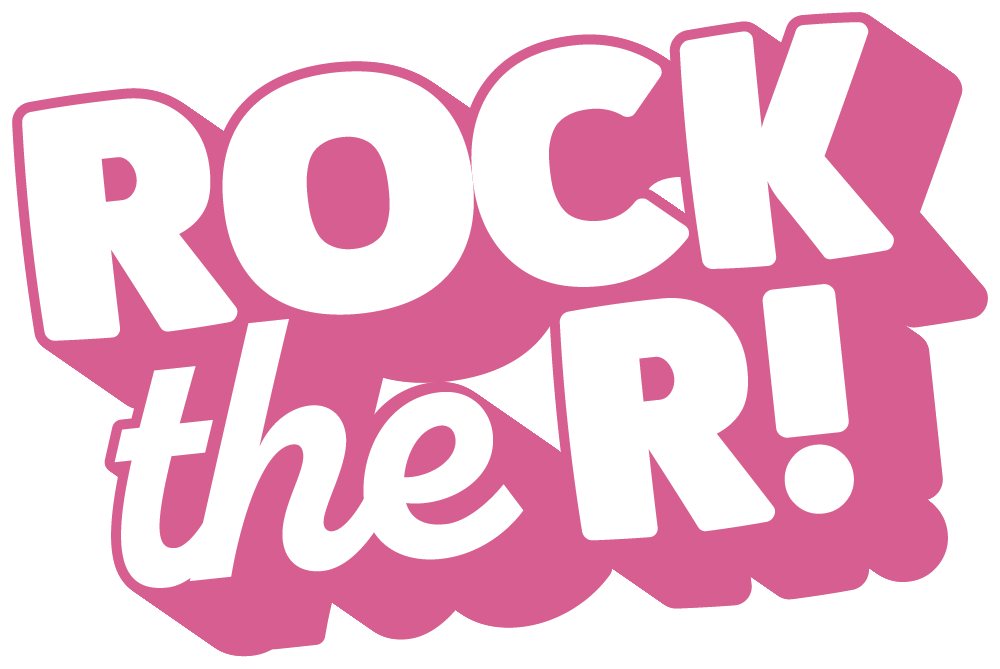We want every student to be able to self-monitor their speech sound errors, right? In fact, I would argue that it’s an imperative skill for carryover and for a student’s overall success in speech therapy. However, many students, particularly those targeting the R sound, have trouble hearing their own errors. This is where auditory perception training comes in!
WAIT… WHAT IS AUDITORY PERCEPTION TRAINING?
Auditory perception training (or speech perception training) is a task that helps a student develop their concept of what a phoneme should sound like when correctly produced in context. In other words, we want them to recognize whether a word is said correctly or incorrectly.
For example, if they hear the word rocket produced as “wocket” (R-W substitution) or even “uhhh-ocket” (R distortion) – we want them to recognize that it is an incorrect production.
IS THERE EVIDENCE TO SUPPORT AUDITORY PERCEPTION TRAINING?
Yes! Of course, we’ll discuss this in context of the R sound, but this could apply for a lot of your caseload. Preston & Leece (2017) did a case series called “Intensive Treatment for Persisting Rhotic Distortions” and found that 4 key elements proved helpful:
- incorporating the principles of motor learning
- providing visual feedback (i.e. biofeedback)
- modifying the intensity of services
- (you guessed it) auditory perception training!
“Requiring participants to be accountable for self-monitoring, and comparing their judgments against the SLP’s judgments, may have facilitated their need to attend to subtle distinctions in their productions”
Preston & Leece, 2017
I feel like this is something we all knew, right? Having a study to point to helps solidify that we really should incorporate auditory perception training with every R student on our caseload.
HOW DO I INCORPORATE AUDITORY PERCEPTION TRAINING INTO MY SPEECH THERAPY SESSIONS?
Again, while the goal is eventually for a student to hear their own errors, it can be very helpful for them to start practicing by recognizing the errors in other people’s speech.
Of course, you can accomplish this yourself by producing the same word both correctly and incorrectly. Or, you can use a resource like this for an easy therapy activity or even homework activity.
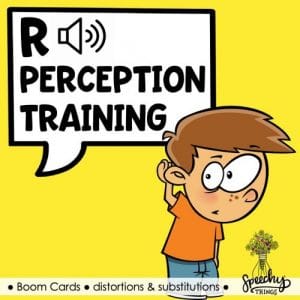
This resource contains 100 R words, each with 2 recordings- one produced correctly and one produced incorrectly. There is a healthy mix of distortions and subsitutions in it, which is something to keep in mind with your own students. You may find it helpful to incorporate the same errors your student uses, be it substitutions or distortions… or both!
IS THERE A FREE RESOURCE TO HELP USE AUDITORY PERCEPTION TRAINING FOR THE R SOUND?
But of course!

This freebie is a 10-card version of the full resource. It’s a great way to test the waters and see if your student needs more support with discriminating errors.
For more freebies- become a VIP and get access to my freebie library! In case you couldn’t tell, I sort of love the R sound and am passionate about helping other SLPs finally Rock the R! I’m always happy to help.
Good luck to you, friend!






